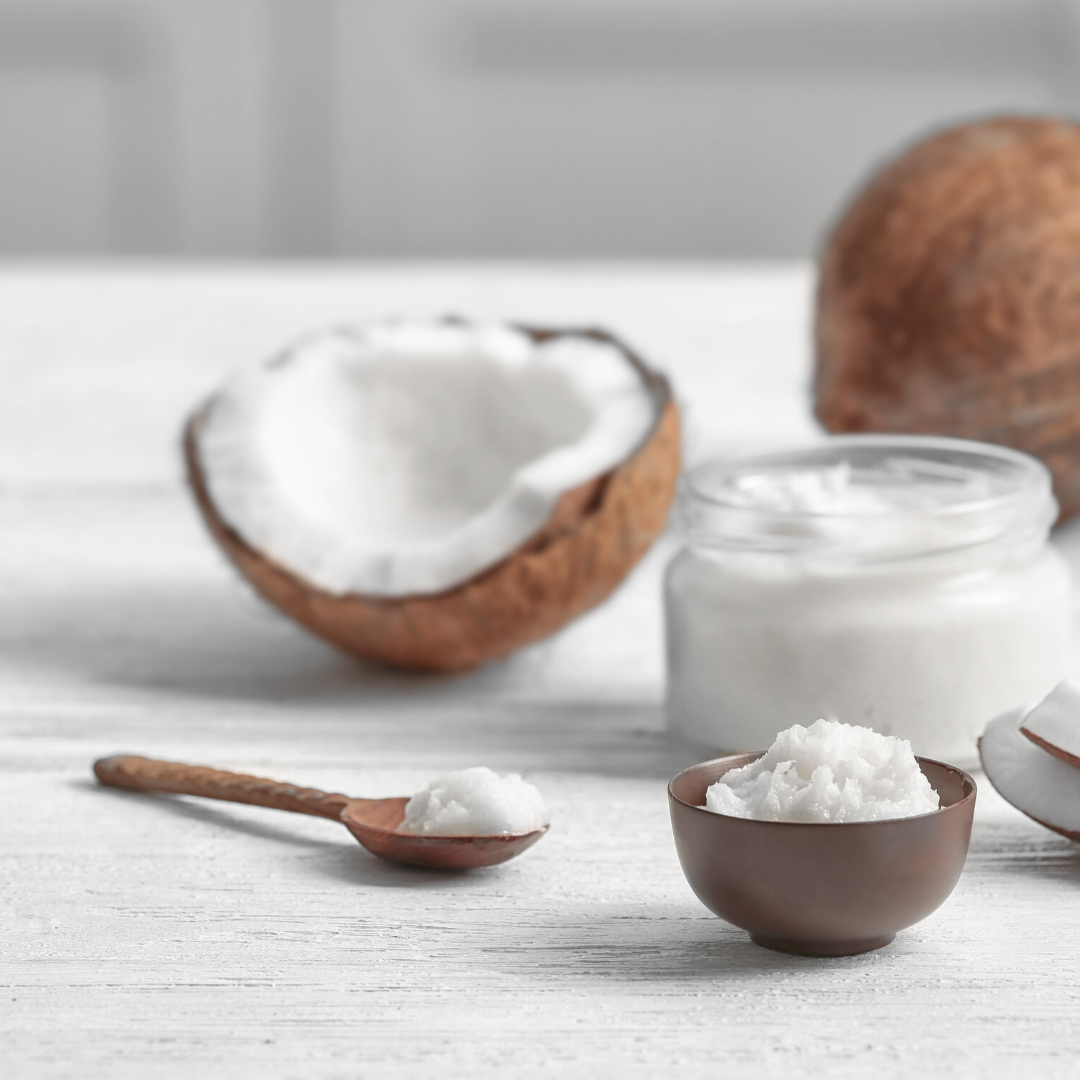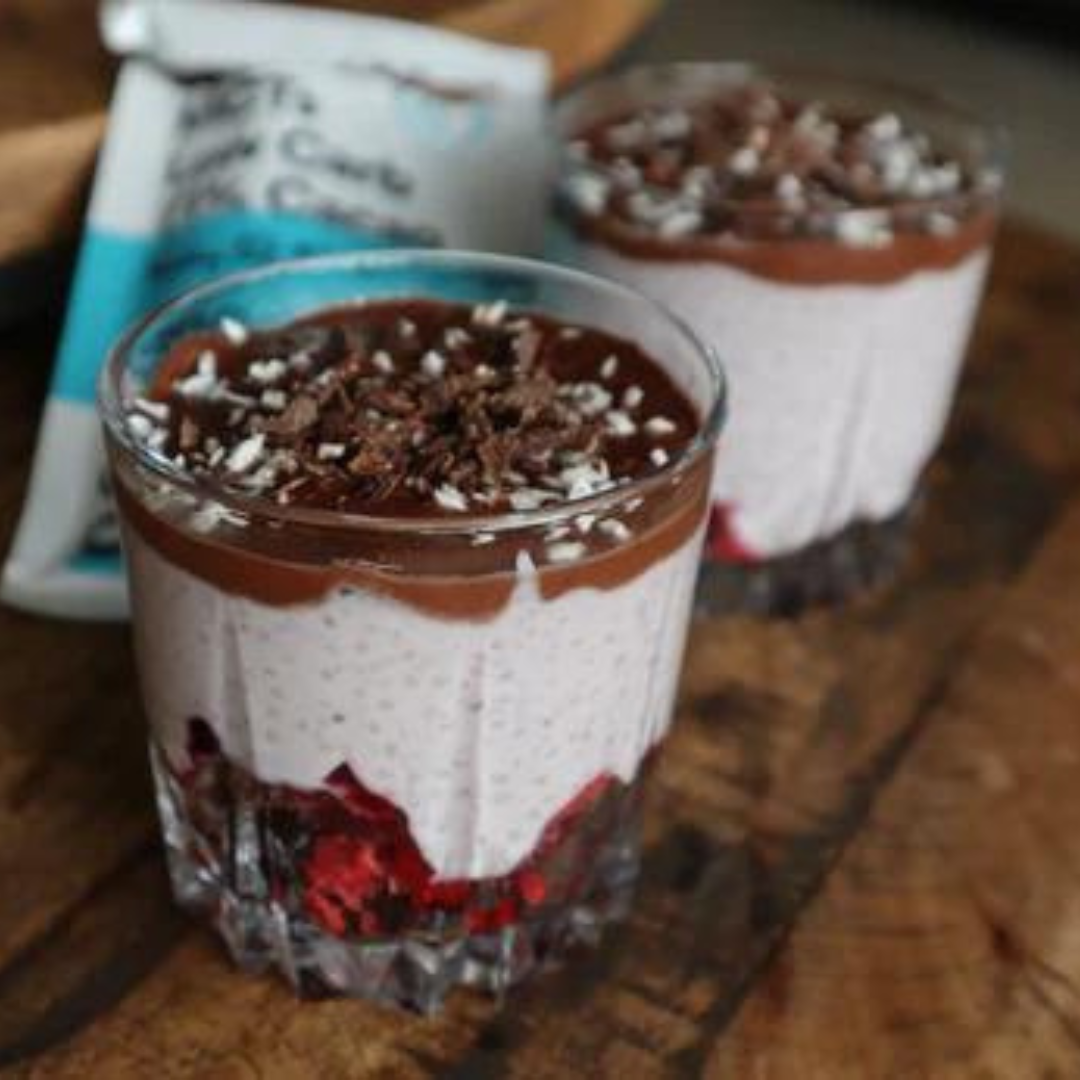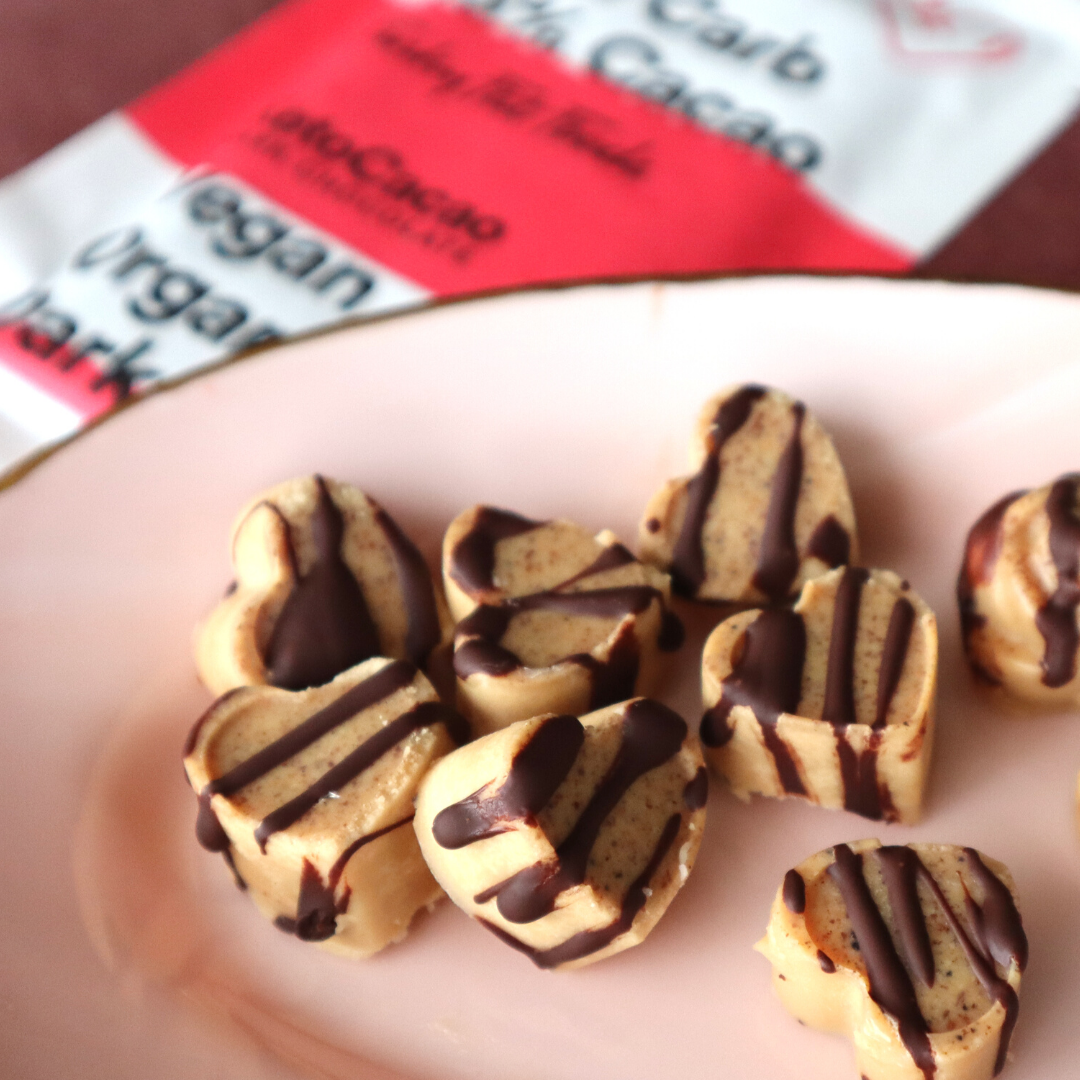Saturated fat has received a bad rep for years. These *supposedly* harmful effects of saturated fat makes up how mainstream health organisations create their health guidelines. In the UK for example, the NHS recommends a daily intake of 30g of saturated fat for men and 20g for women. In the US, this number is even lower. However, there is still no strong evidence that it is bad for you.
Saturated fat and heart disease
Since forever ago, we all believed the myth that saturated fat is bad for our health. The most common misconception is the association between saturated fat consumption and increase in the risk of heart disease. This was based on old observational studies that showed that countries that consumed a lot of saturated fat, had higher rates of death by heart disease. The assumption was that consuming this type of fat raises LDL cholesterol in the blood, clogging the arteries, causing heart disease. There is no strong evidence to back up this assumption, yet until today many dietary guidelines are based on it.
To our luck, new studies have identified quite the opposite of what everyone thought: there is no link between saturated fat and heart disease [ 1, 2 , 3 ]. A recent review published in 2017 by a team of cardiologists, also found no correlation between consumption of saturated fats and coronary heart disease, type 2 diabetes, all-cause mortality, and ischaemic stroke in healthy adults. The authors claim that “the concept of dietary saturated fat clogging a pipe is just plain wrong”. This study points out that heart disease begins before artery plaque is detectable, through insulin resistance and inflammation.
In the new-released book Keto Answers, Dr. Anthony Gustin and Chris Irvin, explain that there are cases where saturated fats consumed with carbohydrates by adults with gut issues, lead to inflammation, which is associated with chronic health problems. However, there is no scientific proof that saturated fats alone will have this effect.
Instead, the so-called “heart-healthy” industrial vegetable oils rich in omega-6 and artificial trans fat are found to be linked with serious health issues. Studies show that trans fats lead to insulin resistance, and inflammation, raising the risk of heart disease [ 4, 5, 6 ]. These are soybean oil, canola oil, sunflower oil, corn oil, margarine, and the foods that contain them.
Avoid them at all costs.
The exception to this rule, according to Lotte Damen, certified keto dietitian, are foods that naturally contain only a small amount of trans fat, such as grass-fed animal products.
Best sources of saturated fat

No food has only one type, but a combination of different fatty acids. However, some foods have more of one type than others. Foods high in saturated fat tend to be nutritious and healthy, as long as they are high-quality. Some of the benefits including healthy saturated fats in your diet are balanced hormones, improved cognition, and better absorption of nutrients. MCT oil is one of these saturated fat treasures you should not be afraid of for several reasons.
As not all foods and fats are equal, some of the best sources of saturated fat are:
- Organic, grass-fed red meats
- Animal fats (lard, tallow, pastured eggs)
- High-fat dairy (butter, cream, ghee)
- Plant-based saturated fat like coconut oil, coconut butter, cocoa butter, dark chocolate, and MCTs. Also, oils high in saturated fat are a great alternative for cooking because they are heat resistant, like coconut oil, for example.
Bottom line
Saturated fat is not the villain we all thought. New studies are debunking all the saturated fat myths out there. But health organisations are still yet to follow this new evidence that saturated fat is not all bad (while still promoting the consumption of industrialised vegetable oils as a substitute for saturated fat). Why, you may ask? We can't know for sure.
Not to mention that when people started to exclude saturated fat from their diet, they ended up compensating the lost calories with something else, like refined carbs and sugar. The food industry compensates it with low-fat versions of foods, which are high sugar and not heart health-friendly after all.
However, it is important to note that not everyone may respond to the consumption of saturated fat the same way. For example, dairy can be an inflammatory trigger as well for many people. The fact that saturated fat is part of the good fat team, is also not an excuse to put butter on everything. We believe in a well-balanced (good fats, proteins, and some carbs), nutrient-dense diet - based on the consumption of real and high-quality foods, of course 😉
Disclaimer:
This article is provided for general information only, and should not be treated as a substitute for medical advice. Funky Fat Foods is not responsible or liable for any diagnosis made by a user based on the content of this site. We are also not liable for the contents of any external internet sites listed, nor does it endorse any commercial product or service mentioned or advised on any of the sites. Always consult a GP or other qualified health professional and do your own research if you're in any way concerned about your health.
Other blogs you might enjoy:





Dejar un comentario
Todos los comentarios se revisan antes de su publicación.
Este sitio está protegido por reCAPTCHA y se aplican la Política de privacidad de Google y los Términos del servicio.